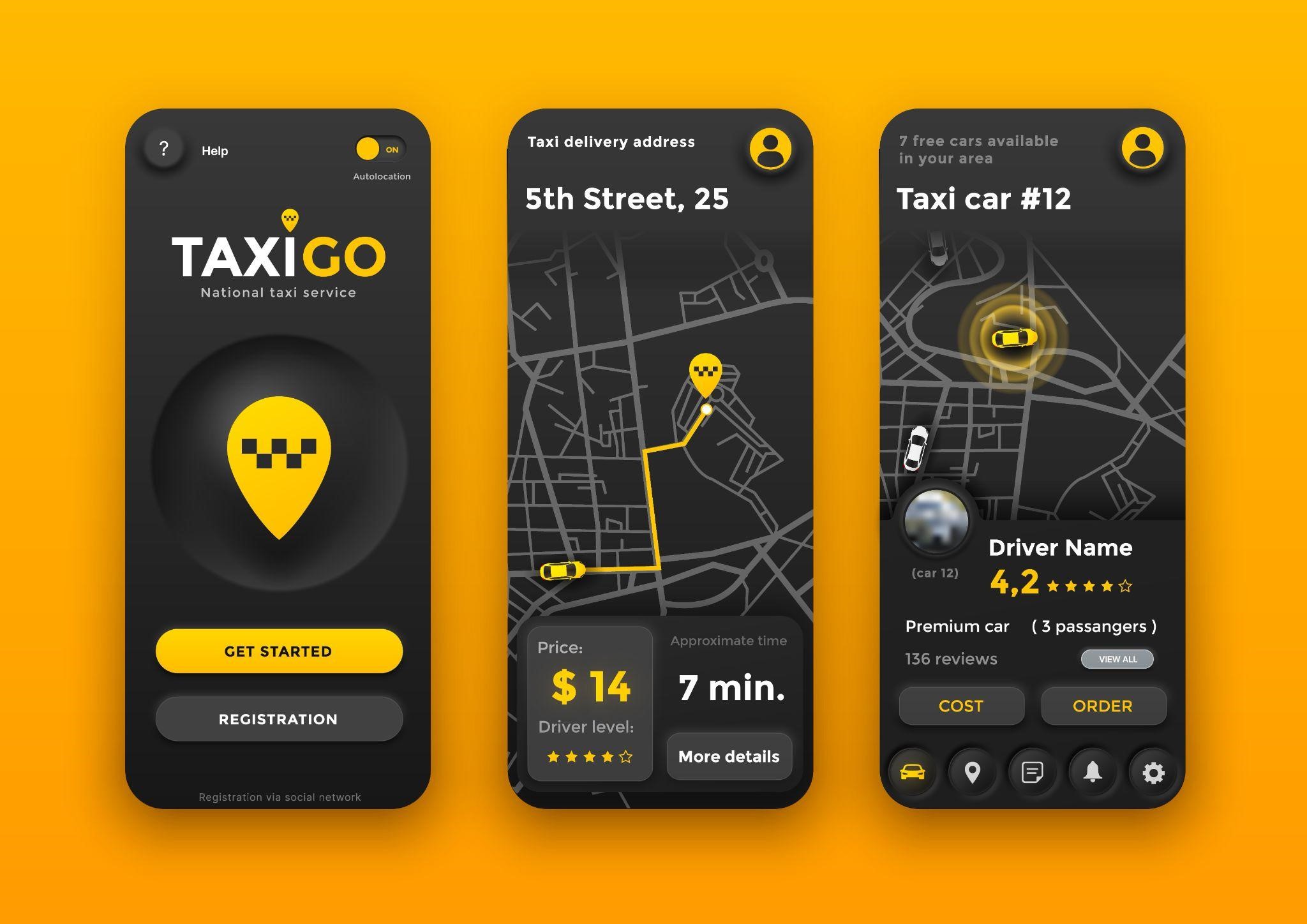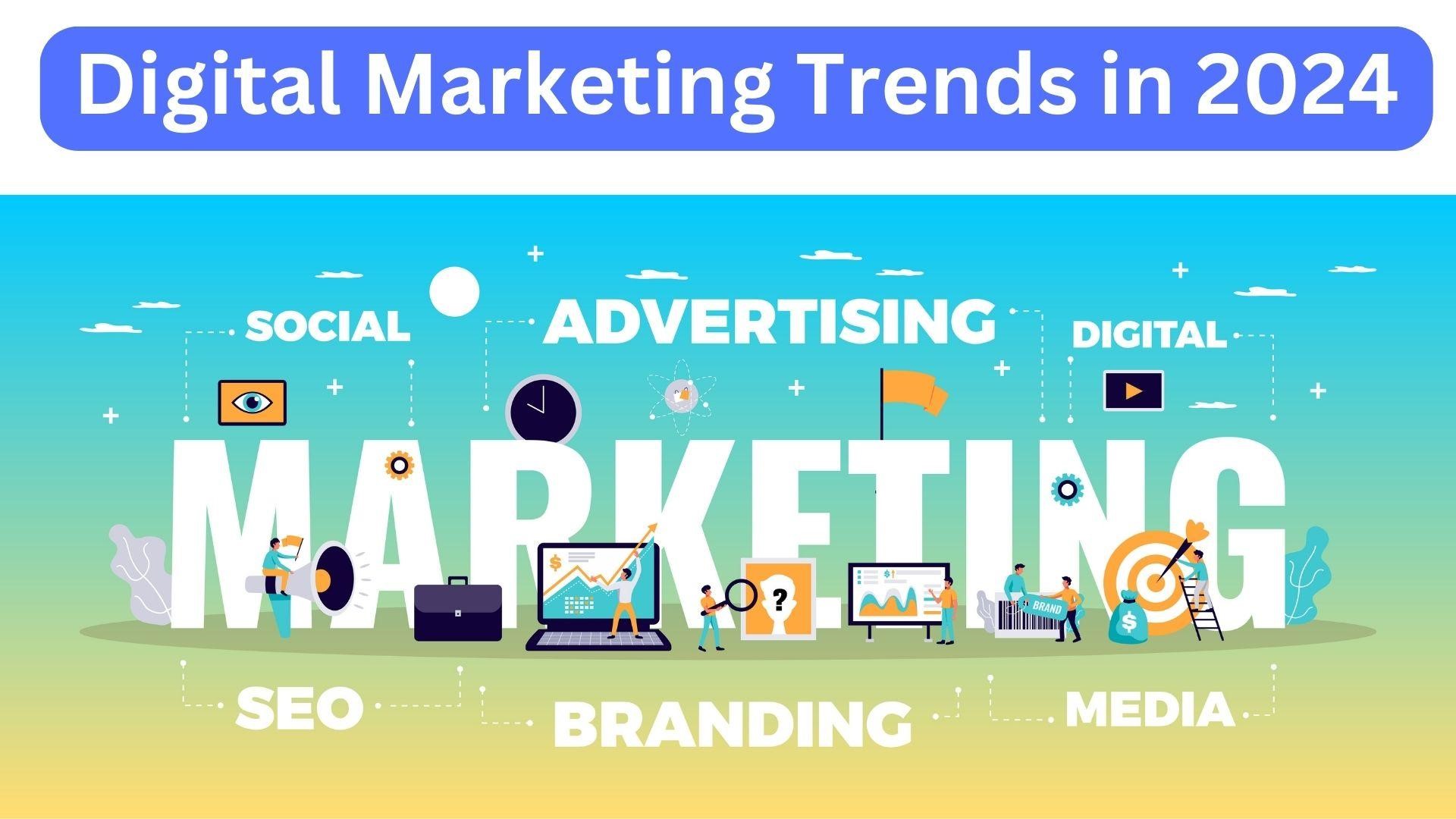Beyond Noise: Creating Memorable Signal Ads in a Cluttered Market
Introduction
The advertising scene is more congested than ever in the fast-paced world of today. It’s getting harder for brands to stand out as they battle intensely for the attention of their target demographic. How can marketers make signal advertising that stand out among the barrage of promotional noise while still grabbing viewers’ attention? To create these kinds of ads, one must know how to strike a delicate balance between originality, timeliness, and relevancy. It’s about pushing the envelope while making sure your audience is deeply moved by what you have to say. We will explore the science and art of creating signal advertisements in this blog that stand out from the crowd and leave a lasting impression. By the time it’s all over, you’ll know exactly how to improve your brand promotion tactics in a cutthroat industry. In a world where everyone is fighting to be heard, let’s examine how to produce advertising that makes a statement.
The Power of Storytelling
Narrative is not limited to literature and cinema. It can create lasting brand awareness, making it an effective advertising strategy. A captivating tale may be the secret to making your signal advertisements stand out in a market full of options and information. However, what is the process of creating a story that your audience finds compelling?
Crafting a narrative that connects with your target audience
Know your audience first. Examine their interests, problems, and passions in great detail. Next, modify your narrative to reflect these realizations. The story should focus on the experience or solution your product or service offers, in addition to its features. You want the audience to feel as though the story is speaking to them directly and to recognize themselves in the narrative. This link is what turns an ordinary signal ad into an unforgettable one.
Using emotions to create a lasting impact
Action is motivated by emotions. Make use of this by incorporating feelings into your story. Emotions lend relatability to your story, whether they are happiness, nostalgia, or even a scenario including a problem and its resolution. Keep in mind that although people can forget what you said, they won’t forget how you made them feel. Your brand will be more memorable to your audience long after they’ve seen it if it’s associated with a pleasant or significant emotional experience.
Visual Appeal in Signal Ads
Ad visuals have the immediate ability to draw in viewers. It takes more than simply eye-catching design to make your signal advertisement visually appealing. In order to effectively communicate with your audience and uphold your brand identity, you must develop a visual language.
Importance of eye-catching design and imagery
An ad’s design and imagery are the first things that captivate an audience. High-quality, vibrant images can make your audience stop scrolling and take notice. But it’s not just about beauty; it’s about relevance and resonance. The imagery should directly connect to your storytelling and be something that your audience can relate to. Moreover, incorporating unexpected elements or breaking the pattern slightly can enhance the signal strength of your ads.
Incorporating branding elements effectively
It takes skill to integrate your branding effectively into advertisements. There should be some variation in the presence of your logo, brand colors, and typefaces. To avoid overwhelming your audience with advertisements, the idea is to make sure that they will quickly identify the ad with your brand. By using these components consistently throughout time, you can assist your audience get familiar with your brand and recognize your future advertisements right away.
The role of color psychology in ad creation
Colors in advertisements elicit feelings and responses in addition to being aesthetically pleasing. Gaining an understanding of color psychology within advertising psychology can greatly improve the performance of your signal advertisements. For instance, yellow may arouse sentiments of joy and vitality, while blue may arouse feelings of confidence and security. The color scheme you choose for your advertisement can subtly affect how your target audience interprets the message you’re attempting to get over. But keep in mind that in order to preserve coherence and effectiveness, the use of color needs to be consistent with both your overall branding and the narrative you’re presenting.
Creating memorable signal ads in today’s cluttered market might seem like a daunting task, but by harnessing the power of storytelling and the allure of visual appeal, you can cut through the noise. Remember, it’s not just about being seen; it’s about being remembered. Craft a narrative that connects with your audience on an emotional level, make your visuals striking and relevant, and incorporate branding elements in a way that’s both subtle and effective. Keep in mind the psychological impact of colors and use them to reinforce your message. With these strategies, your signal ads will not only capture attention but also leave a lasting impression, ultimately fostering a stronger connection between your brand and your audience.
Simplifying Your Message for Impact
Signal ads excel in marketing differentiation by crafting unique messages and creative executions that set your brand apart from competitors, effectively resonating with your target audience. Simplicity can make all the difference in the dynamic world of advertising. It’s not only wise to design a message that is both captivating and clear in the clamor of competition marketing, but it’s imperative. Your chances of your message connecting with your audience are much increased when you reduce it to its most basic form. This also guarantees that your message is simply understood.Communicating clearly and concisely
Effective advertising communication relies on having a message that is easy to understand and stands out from the crowd. This starts with figuring out what the main advantage or value of your good or service is, then communicating it in a way that appeals to the wants and needs of your intended market. Steer clear of industrial jargon and convoluted explanations in favor of direct, understandable language that has impact. In today’s fast-paced world, it may be challenging to establish a connection in the least amount of time, but it is still possible to do so with a message that has been carefully thought out.
Choosing the right words to convey your brand’s essence
Your choice of words to describe your brand matters. They are more than just empty spaces; they are effective instruments that can arouse feelings, foster confidence, and motivate action. Take your brand’s personality and tone into account when you compose your message. Are you lighthearted and carefree or somber and competent? Your language need to convey this. Furthermore, each phrase should have a purpose and highlight the advantages that are most important to your target audience. Telling a story that resonates with your audience’s values and goals is more important than simply listing characteristics; it will make your message and, consequently, your brand, memorable.
Leveraging Technology for Innovative Signal Ads
Technology has created new opportunities for advertising by presenting innovative answers to time-honored issues. Advertisers can now use unconventional methods to draw in their target consumers’ attention in addition to traditional media. Brands may produce signal advertisements that not only stand out but also captivate and entertain their target audiences by adopting the newest technological advances.
Interactive ad formats for enhanced engagement
The way that marketers interact with their customers is being revolutionized by interactive advertisements. By encouraging interaction rather than passive viewing, these styles transform advertisements into fully immersive experiences. Interactive advertisements, which range from straightforward surveys and quizzes to virtual reality (VR) and augmented reality (AR) excursions, may significantly raise engagement rates and—more importantly—brand memory. Making your audience actively involved allows your message to become ingrained in their online experience and stick with them long after they’ve clicked away.
Personalization and targeting in modern advertising
Personalization is more than just a catchphrase in today’s digital environment—it’s a requirement. With the use of AI and data analytics, marketers can now create advertisements that are tailored to the unique interests and habits of their target audience. Ads that are timely, highly relevant, and emotionally compelling to the audience are made possible by this degree of targeting. Personalization guarantees that your advertisement speaks directly to the needs and desires of each receiver, whether it is by making product recommendations based on previous purchasing history or by adjusting the text to reflect current interactions. Conversion rates rise dramatically as a result, and you develop a closer, more intimate bond with your audience.
In conclusion, standing out in a crowded market requires more than just a loud voice. It demands clarity, simplicity, and a touch of technological savvy. By simplifying your message and leveraging the latest in ad tech, you can create signal ads that not only cut through the noise but also forge meaningful connections with your audience. Remember, in the world of advertising, it’s not just about being seen or heard—it’s about being remembered.
Measuring Success: Analytics and Optimization
Crafting a standout signal ad is just the beginning. The true test of its effectiveness lies in your ability to measure success and optimize based on feedback. In today’s data-driven marketing world, leveraging analytics is not just an option—it’s a necessity. By keeping a close eye on key performance indicators and constantly refining your approach, you can ensure that your attention-grabbing ads not only catch attention but also drive meaningful engagement.
Tracking key performance indicators for ad effectiveness
So, you’ve launched your signal ad into the world. Now what? It’s time to turn to your analytics dashboard. Key performance indicators (KPIs), like click-through rates (CTR), conversion rates, engagement levels, and even social shares, are your best friends here. These metrics serve as a pulse check on how well your ad resonates with its intended audience. For example, a high CTR implies your ad is compelling enough to prompt viewers to want to learn more. Conversely, if the conversion rate is low, it might indicate that while your ad is attractive, it’s not effectively communicating the value of your offer or is targeting the wrong audience.
Break down the analytics to understand not just how many people are interacting with your ad, but how they are interacting with it. This includes which calls-to-action (CTAs) are driving the most clicks and what content is keeping viewers engaged. Analytics platforms can provide a wealth of data, but the trick lies in knowing which metrics align best with your campaign goals and interpreting those numbers to make informed decisions.
A/B testing and iterative improvements
One of the most powerful tools in your advertising arsenal is A/B testing. This involves creating two versions of your ad—let’s call them Ad A and Ad B—with a slight variation in one element, such as the headline, image, or CTA. By running these ads simultaneously to similar audiences, you can directly compare their performance and see which version resonates more.
This approach allows for continuous improvement and optimization. Maybe Ad A’s headline performs better, but Ad B’s image garners more attention. You can then combine these winning elements into a new version, Ad C, and test again. It’s a cycle of testing, learning, and refining that ensures your ads stay fresh and effective. Remember, the goal is not just to create a signal ad that cuts through the noise once, but to establish a process that consistently yields engaging and impactful advertisements.
Embracing a culture of testing and data analysis not only helps in fine-tuning your current campaigns but also provides invaluable insights for future strategies. Each test teaches you more about your audience’s preferences, behaviors, and how to communicate your brand’s message in the most compelling way possible. With persistence and a thoughtful approach to analytics and optimization, your signal ads will not just be memorable—they’ll be measurably effective in driving advertising effectiveness.
Conclusion
Crafting signal ads in today’s saturated market is no small feat, yet it remains a crucial element of successful brand promotion. To stand out, your advertising strategy must lean on creativity, emotional connection, and relevance. Remember the golden rules:
– Be authentic and relatable; authenticity resonates with audiences more profoundly than ever.
– Invoke emotions; make your audience feel something memorable.
– Tailor your message; customize your communications to speak directly to your target audience’s desires and needs.
– Keep it simple but impactful; clutter confuses, but clarity captivates.
Approaching advertising with these principles in mind will help cut through the noise, ensuring your brand not only captures attention but also remains memorable in the minds of your audience, thus enhancing brand recognition strategies
As competition grows, remember the power of innovation and personal touch in creating signal ads that leave a lasting impression. Dive into the journey with enthusiasm, and watch as your brand becomes a beacon in the cluttered marketplace.
 " alt="">
" alt="">










